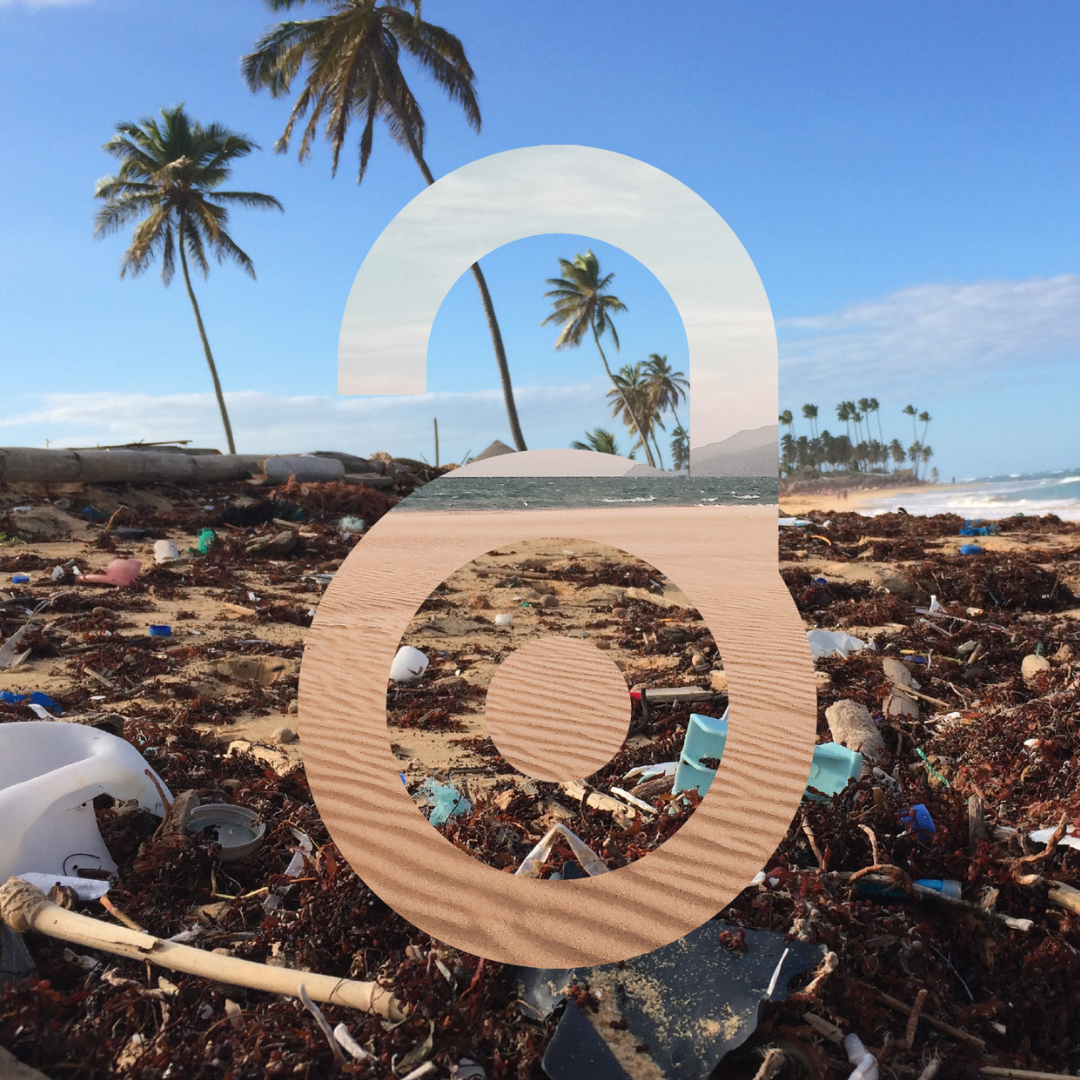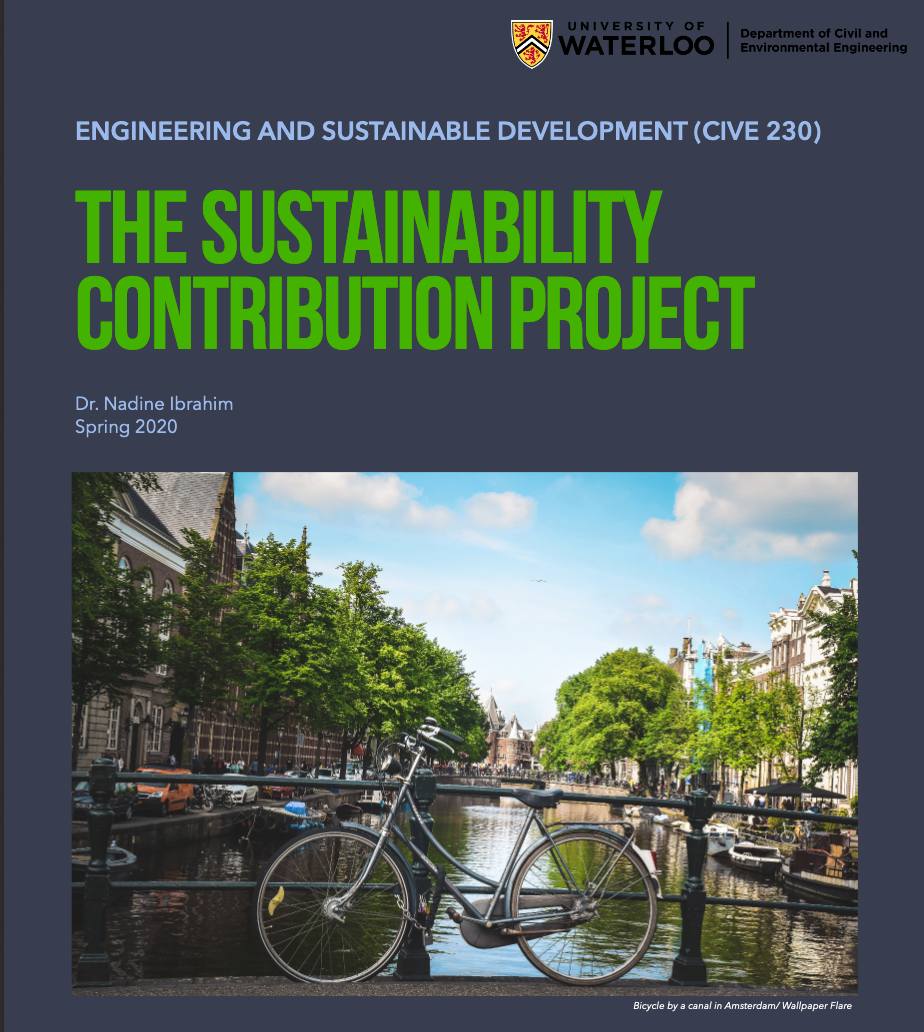
This article is one of a series celebrating open scholarship during Open Access Week. It is brought to you by the Open Scholarship Committee.
By RJ McArthur
In the spring term of 2020, as the disruptions caused by COVID-19 began to seem both more enduring and more daunting than had initially been thought, Dr. Nadine Ibrahim wanted to provide a “glimmer of hope” for her students in CIVE 230: Engineering and Sustainable Development. During that “very dark” term, Ibrahim came up with the idea of producing a collaborative project with her students as a means of combatting the growing sense of disconnection and isolation. For the first online offering of the course, Ibrahim asked her students to submit a short report on an example of a “sustainability success stor[y]” in a city anywhere in the world. These examples would then be compiled in an e-book, which would be returned to the students at the end of the term as a “souvenir or takeaway” of the course. In addition, the text would be published as an Open Education Resource (OER) for other students or instructors to draw on.

Despite the challenges of navigating the newly-online course environment, the student response to this project was very positive. Ibrahim reports that students were excited about their chosen cities. In addition, there was not a single late submission, nor was there a single submission below standard. Encouraged by this strong response, Ibrahim has carried on the project with each new offering of the course, where the positive trends continued. While the overall themes have varied depending on the focus for that particular term, in every online section of CIVE 230 students have contributed to an e-book providing a “compilation of sustainability success stories for and by students.” While the e-book does not take the place of a textbook, it does provide examples for the students in the course and, through its open availability, to others as well. Beyond their intellectual and personal investment in their chosen topics, students were also encouraged to see the project as a professional opportunity. Students have linked to the resource through their LinkedIn profiles, and they are provided with a template for a citation to list on their resumes or CVs. For Ibrahim, the level of student investment was pleasantly surprising: “I didn’t know how much passion they would put into it,” she recalls.

Dr. Nadine Ibrahim
Ibrahim also remains enthusiastic about the project. In addition to continuing to make it a part of the CIVE 230 syllabus, she would like to see the collaborative project eventually expand to include interactive materials, if possible. Despite the enrolment for the course—a core course for second-year Civil Engineering students—being consistently over 100, she notes that a key takeaway of the experience is that you “can leverage a [large class] to really put something meaningful together.”
All three of the OERs produced by Dr. Ibrahim's CIVE 230 students can be found here. The Sustainability Contribution Project (2020) and Connecting Sustainable Cities for the Future (2021) are available under a Creative Commons Attribution-Share Alike 4.0 license. The Engineers of Tomorrow Showcase Global Sustainable Cities (2022) is available under a Creative Commons Attribution 4.0 license.